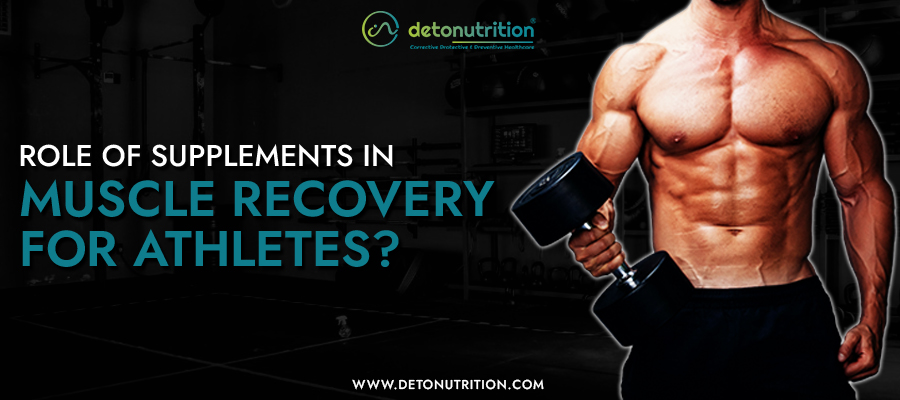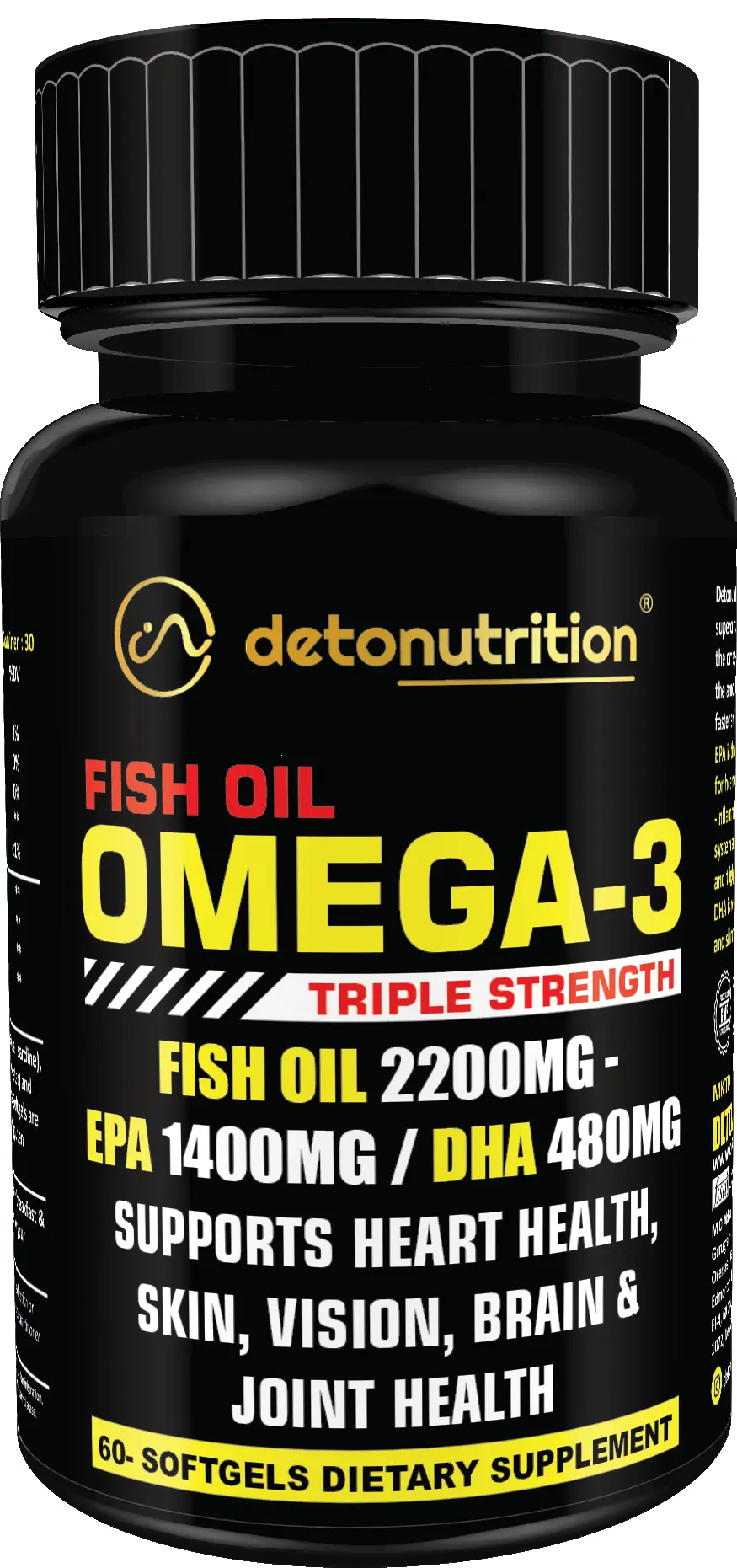What Is The Role Of Supplements In Muscle Recovery For Athletes?
When it comes to athletic performance, much of the focus is on training, technique, and nutrition. But there’s an often overlooked yet crucial aspect of the equation—recovery. Whether you're a professional athlete or a body builder or gymmer, your muscles need proper care after strenuous activity to rebuild and grow stronger. But why is recovery so important, and how do supplements contribute to this process? Learn the role of recovery supplements for athletes and other essential nutrients that support muscle recovery.
Why Muscle Recovery Matters?
After an intense workout, your muscles experience microscopic tears. As these tears repair themselves , they become stronger and more resilient, but this process requires the right nutrients and time. If your muscles don’t get the recovery they need, you risk overtraining, fatigue, and injury.
Proper recovery helps reduce soreness, minimize the risk of injury, and improve overall athletic performance. It also supports the body’s ability to adapt to training and keep pushing forward toward new goals. While rest, hydration, and a balanced diet are the foundation of recovery, supplements can help bridge any gaps that your regular nutrition might miss.
The Role of Recovery Supplements for Athletes
Recovery supplements for athletes are designed to help speed up the recovery process, reduce muscle soreness, and support the body’s natural repair mechanisms. These supplements work in a variety of ways, from replenishing nutrients lost during exercise to providing the body with the necessary building blocks for muscle repair.
Here’s a breakdown of some of the most commonly used recovery supplements:
1. Electrolytes
Electrolytes, including sodium, potassium, magnesium, and calcium, are vital for maintaining fluid balance and preventing dehydration during exercise. Sweating during intense activity causes you to lose electrolytes, and when these minerals are replenished, they help prevent cramps, fatigue, and muscle weakness. Recovery supplements for athletes contain electrolytes to help restore the body's balance after training sessions, especially in sports that involve prolonged physical exertion or hot conditions.
2. Protein Supplements
Protein is often considered the most important nutrient for muscle recovery. During exercise, your muscles break down protein fibers, and to rebuild them, you need an adequate supply of amino acids—the building blocks of protein. Whey protein, in particular, is highly popular because it’s quickly digested and absorbed by the body. Consuming protein within 30 minutes to an hour post-workout can help optimize muscle repair and growth. The right amount of protein can vary based on your body size, type of exercise, and intensity, but for most athletes, a good rule of thumb is about 0.8-1.2 grams of protein per pound of body weight per day.
3. BCAAs (Branched-Chain Amino Acids)
Detonutrition’s EAA Boosttt containing BCAAs—leucine, isoleucine, and valine—are essential amino acids that can help prevent muscle breakdown during exercise and support recovery afterward. When taken post-workout, BCAAs have been shown to reduce muscle soreness, decrease muscle protein breakdown, and improve muscle repair. These amino acids are especially beneficial during long endurance sessions, such as marathons or cycling races, as they can help sustain energy levels and support recovery during extended periods of exertion. Place your order on the website to avail discounts today!
Multivitamins for Athletes: More Than Just Recovery
Athletes often have higher nutrient needs due to the physical demands of their training, and a multivitamin can help fill in nutritional gaps that might arise from an intense workout routine or a restrictive diet. For example, B-vitamins (like B6 and B12) are critical for energy metabolism and red blood cell production, while vitamin D plays a role in muscle function and immune health. Minerals like magnesium and calcium help with muscle contractions and bone health, which is especially important when pushing the body to its limits during training. By taking a multivitamin, athletes can ensure they’re getting the full spectrum of nutrients needed to support recovery, avoid deficiencies, and maintain overall wellness.
When to Take Recovery Supplements
Many recovery supplements for athletes are most effective when consumed shortly after exercise—usually within a 30-60 minute window. This is the "anabolic window" where your muscles are particularly receptive to nutrients that support repair and growth. For multivitamins, the timing is less critical, but it’s often best to take them with food to improve absorption.
Conclusion
Recovery supplements for athletes are an essential tool in an athlete’s arsenal, aiding in faster muscle repair, reducing soreness, and boosting performance. However, supplements should not be seen as a substitute for proper nutrition, rest, or hydration. Instead, they should complement a well-rounded recovery plan, ensuring that athletes are able to recover fully and continue training hard to reach new heights. Whether you’re recovering from a workout, competition, or intense training phase or injury, recovery supplements from Detonutrition are the perfect addition to help keep your body in top shape. Explore the entire product range here and avail attractive discounts on your orders.

We have a vision to take good care of your health and nutrition with products which are made from research and experience. Our team is technical as well as experienced so that we can deliver you the best products for your health and wellness.
Stay Fit, Stay Healthy And Stay Happy Always!
QUICK LINKS
CATEGORIES
Subscribe Us
Subscribe to Dr. Aaditya's Health Blog Email Newsletter
© Copyright - Detonutrition. All Right Reserved 2026.




